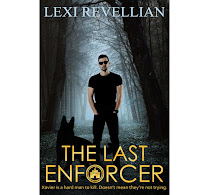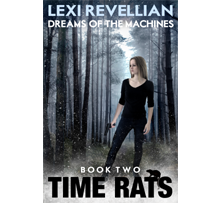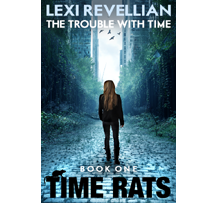For me these days the most difficult part of writing a novel is getting going on the first page. I don't recall having this problem with my first two novels, when I was still in the drunken woohoo isn't writing amazing stage. Now just deciding which novel to write can take me months.
With the WIP, I finally cracked it by taking the excellent advice of Jerry Cleaver in his book, Immediate Fiction. You commit five minutes a day to your novel; you also think about it before you go to sleep. And if you don't know what to write, that's fine, you just sit and do nothing for five minutes. If you want to work for longer, that's fine too. You do this religiously for thirty days without evaluating the plan's effectiveness.
I think this method works so well because it gets the subconscious working on the book - and it's totally unthreatening. Anyone, no matter how busy, can find five minutes a day and do nothing. After thirty days I'd got a pile of notes and the novel was under way. My average word count is 480 per day, and the end is in view.
When you get right down to it, writing a novel is as simple as taking the White King's advice in Alice's Adventures in Wonderland:
The White Rabbit put on his spectacles. "Where shall I begin, please, your Majesty?" he asked.
"Begin at the beginning," the King said gravely, "and go on till you come to the end: then stop."
Campaigners want to move Lord Byron’s statue
1 hour ago















